Purchasing a property is one of the most important financial choices you'll ever make.Whether it's your first home, a vacation retreat, or an investment property,
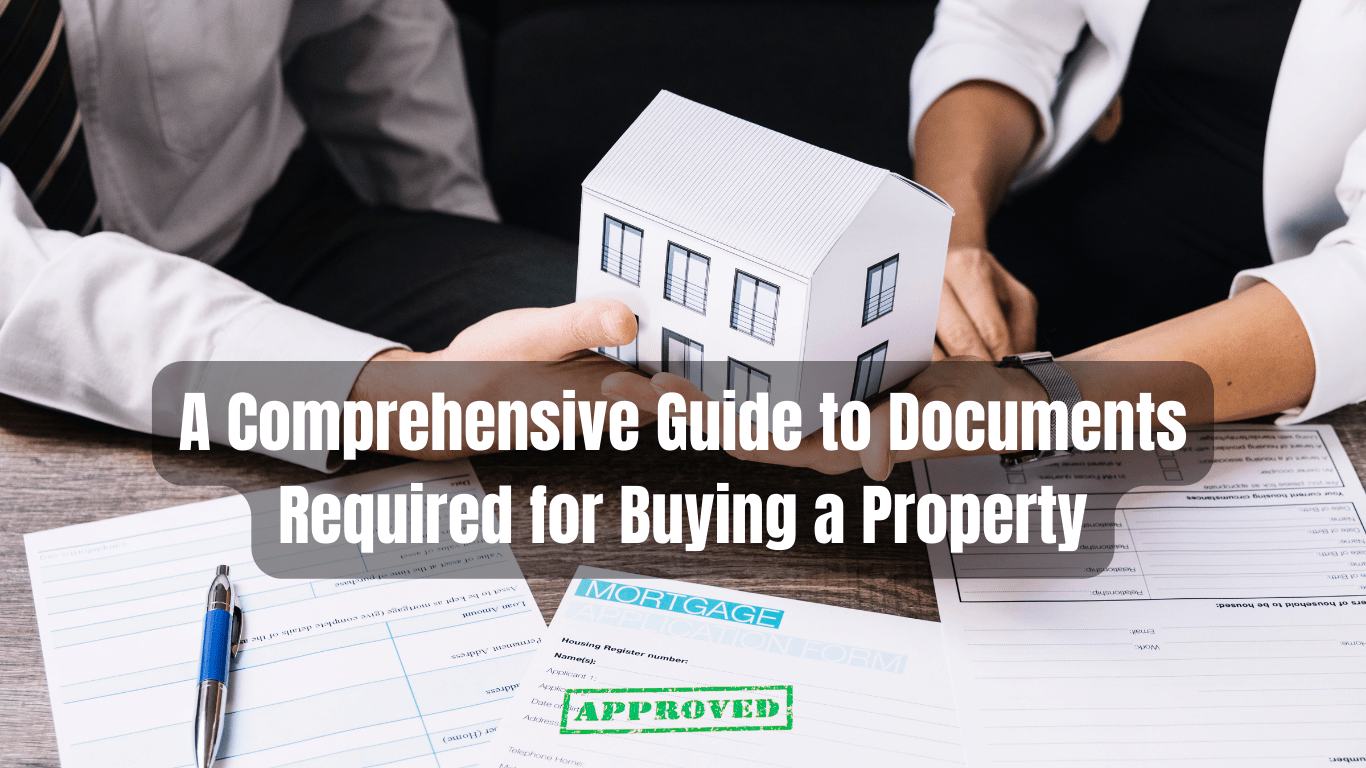
Documents Required for Buying Property Are-
1. Proof of Identity and Address
Before you can proceed with any property transaction, you'll need to provide proof of your identity and address. This typically includes:
Passport or Driver's License: Valid photo identification to verify your identity.
Utility Bills or Bank Statements: Documents to confirm your current residential address.
2. Financial Documents
Financial stability is a key factor for lenders and sellers. Be prepared with:
Bank Statements: Recent statements to show your financial health and ability to fund the purchase.
Pay Stubs or Tax Returns: Proof of income, usually the last three months' pay stubs or the previous two years' tax returns.
Credit Report: A detailed report of your credit history, which lenders will use to assess your creditworthiness.
3. Proof of Funds
If you're buying the property outright or making a down payment, you need to demonstrate that you have the necessary funds:
Bank Statements or Proof of Liquid Assets: Statements showing the availability of funds required for the down payment and closing costs.
Gift Letter: If the down payment is a gift from a relative, a letter stating that the money is a gift and not a loan.
4. Mortgage Pre-Approval
Securing a mortgage pre-approval not only shows sellers that you are serious but also clarifies your budget:
Pre-Approval Letter: A letter from your lender indicating that you qualify for a mortgage of a certain amount.
5. Sale Agreement
The sale agreement, also known as the purchase agreement, outlines the terms and conditions of the sale:
Offer to Purchase: An initial document that indicates your intention to buy the property and the proposed terms.
Purchase Agreement: A legally binding document that details the final terms of the sale, including price, contingencies, and closing date.
6. Property Documents
These documents ensure the property is legally available for sale and free of encumbrances:
Title Deed: The official document that verifies ownership of the property. Encumbrance Certificate: This certificate confirms that the property is free from any legal liabilities.
Property Tax Receipts: Proof that the previous owner has paid all property taxes up to date.
7. Inspection Reports
Before finalizing the purchase, it's crucial to have the property inspected:
Home Inspection Report: A detailed report by a professional inspector on the condition of the property.
Pest Inspection Report: Ensures the property is free from pests, such as termites.
8. No Objection Certificate (NOC)
In some regions, a No Objection Certificate from various authorities is required:
NOC from the Society or RWA (Resident Welfare Association): If you are buying an apartment, this certificate is needed.
NOC from the Urban Land Ceiling Department: Ensures there are no claims on the land from government authorities.
9. Seller's Documents
The seller must provide several key documents to verify their authority to sell the property:
Identity Proof: Passport, driver's license, or any government-issued ID.
Address Proof: Utility bills or bank statements.
PAN Card: For tax purposes.
Title Deed: Proving their ownership of the property.
10. Closing Documents
The final stage of the property purchase involves several critical documents:
Sale Deed: The final document that transfers ownership from the seller to the buyer.
Mortgage Documents: If you're taking a mortgage, the loan agreement, promissory note, and other related documents.
Closing Statement: Details all costs associated with the sale, including taxes, fees, and any adjustments.
Conclusion
Navigating the property buying process can be complex, but understanding the required documentation helps ensure a smooth transaction. From proof of identity to closing documents, each piece of paper serves a vital role in safeguarding your investment and securing your new property. Always consult with a real estate attorney or a trusted advisor to make sure all your documents are in order and to address any specific legal requirements in your area.
Frequently Asked Questions (FAQ)
1. What is the importance of a title deed in property transactions?
The title deed is the most crucial document as it legally proves ownership of the property. It ensures that the property can be legally transferred to the new owner without any disputes.
2. Can I buy a property without a mortgage pre-approval?
While it's possible, having a mortgage pre-approval strengthens your offer and shows sellers you are serious and financially capable of completing the purchase.
3. What key points should I focus on in a home inspection report?
Pay attention to the structural integrity, roofing, plumbing, electrical systems, and any signs of pest infestations. These factors can significantly affect the property's value and future maintenance costs.
4. How does an encumbrance certificate protect me as a buyer?
An encumbrance certificate ensures that the property is free from any legal or monetary liabilities, such as loans or mortgages, making it safe for you to purchase.
5. Why do I need a No Objection Certificate (NOC)?
A NOC is required to ensure that there are no objections from relevant authorities or the society where the property is located. It helps in smooth legal transfer and prevents future disputes.
6. What are closing costs, and who pays them?
Closing costs include fees for appraisals, inspections, title insurance, and legal services. These costs are typically shared between the buyer and seller, but the specifics can vary and should be detailed in the closing statement.




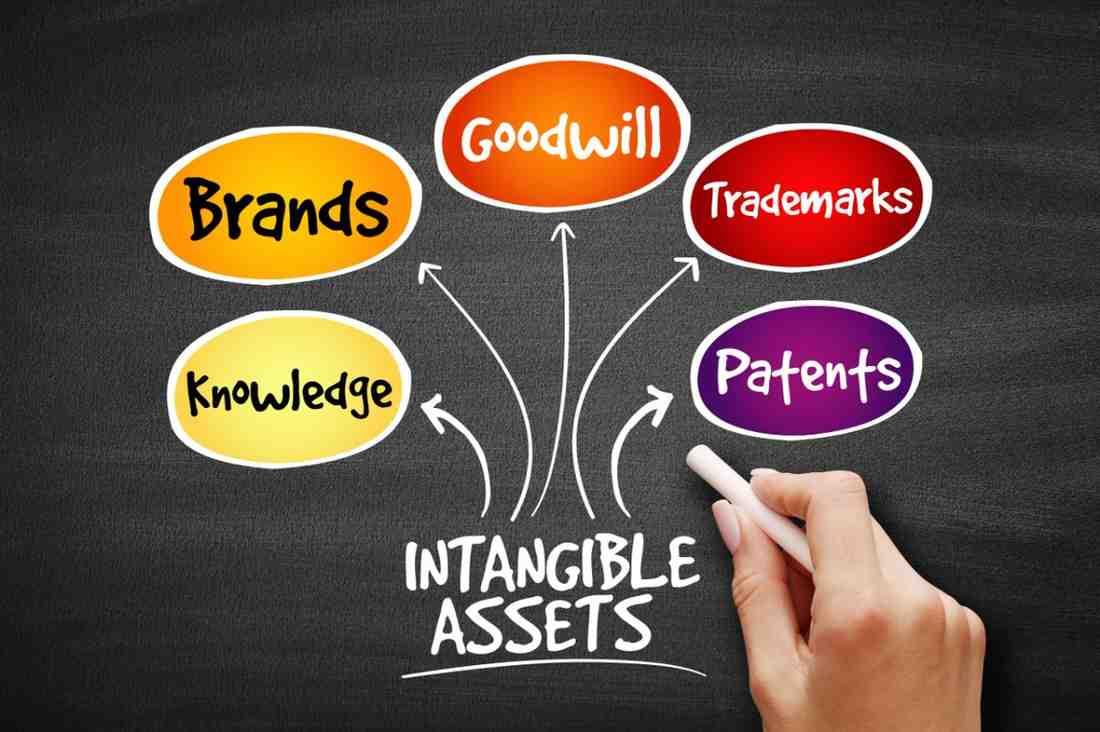
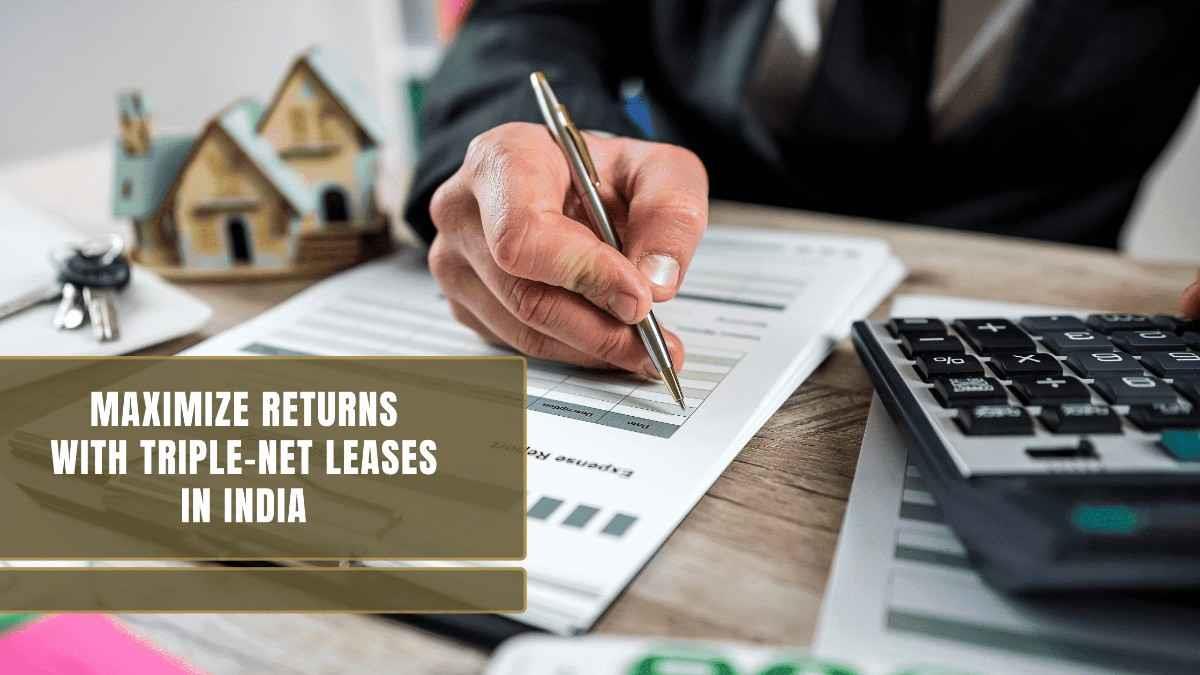
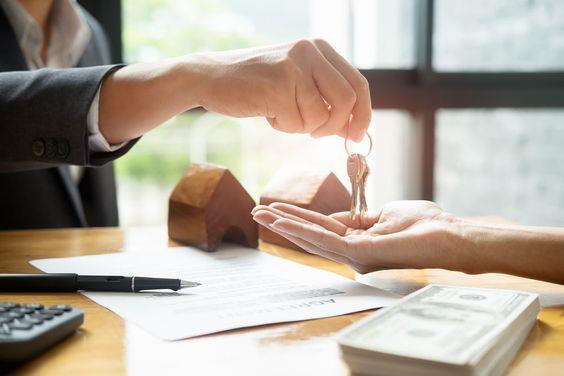

















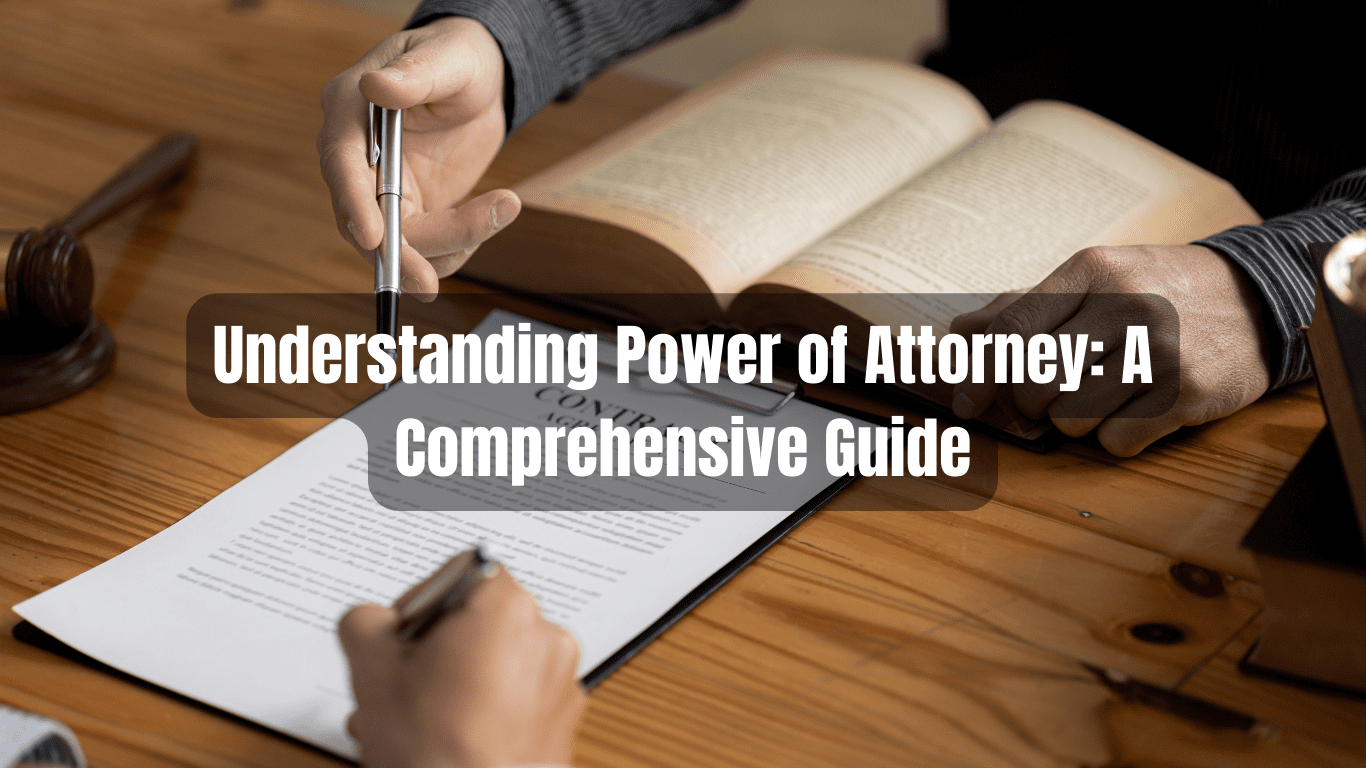


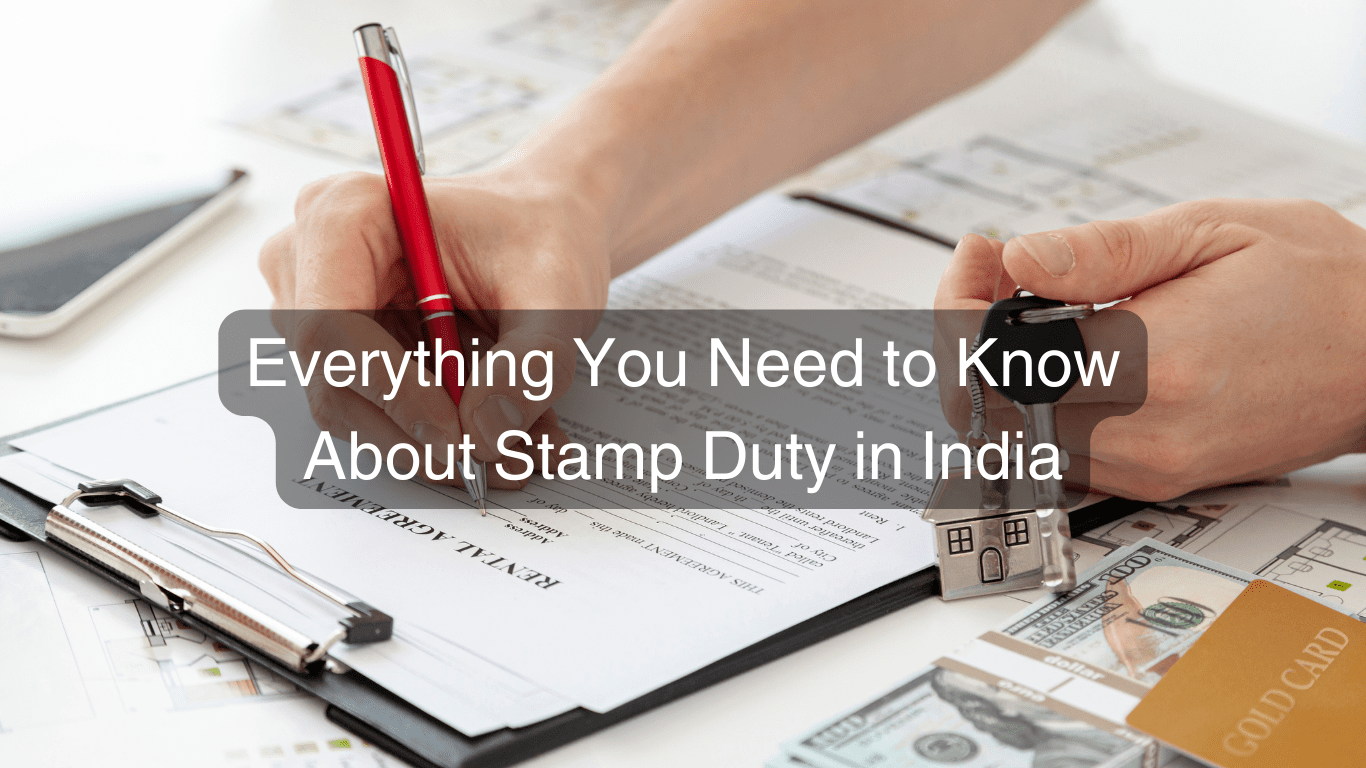

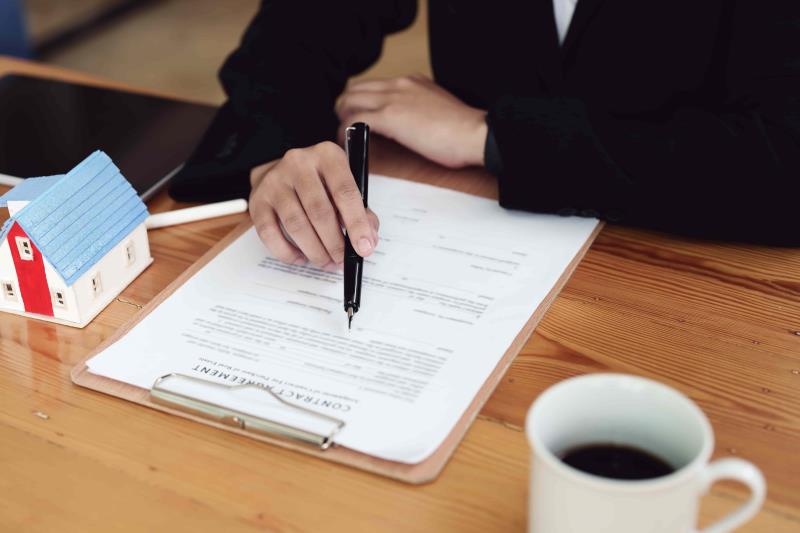

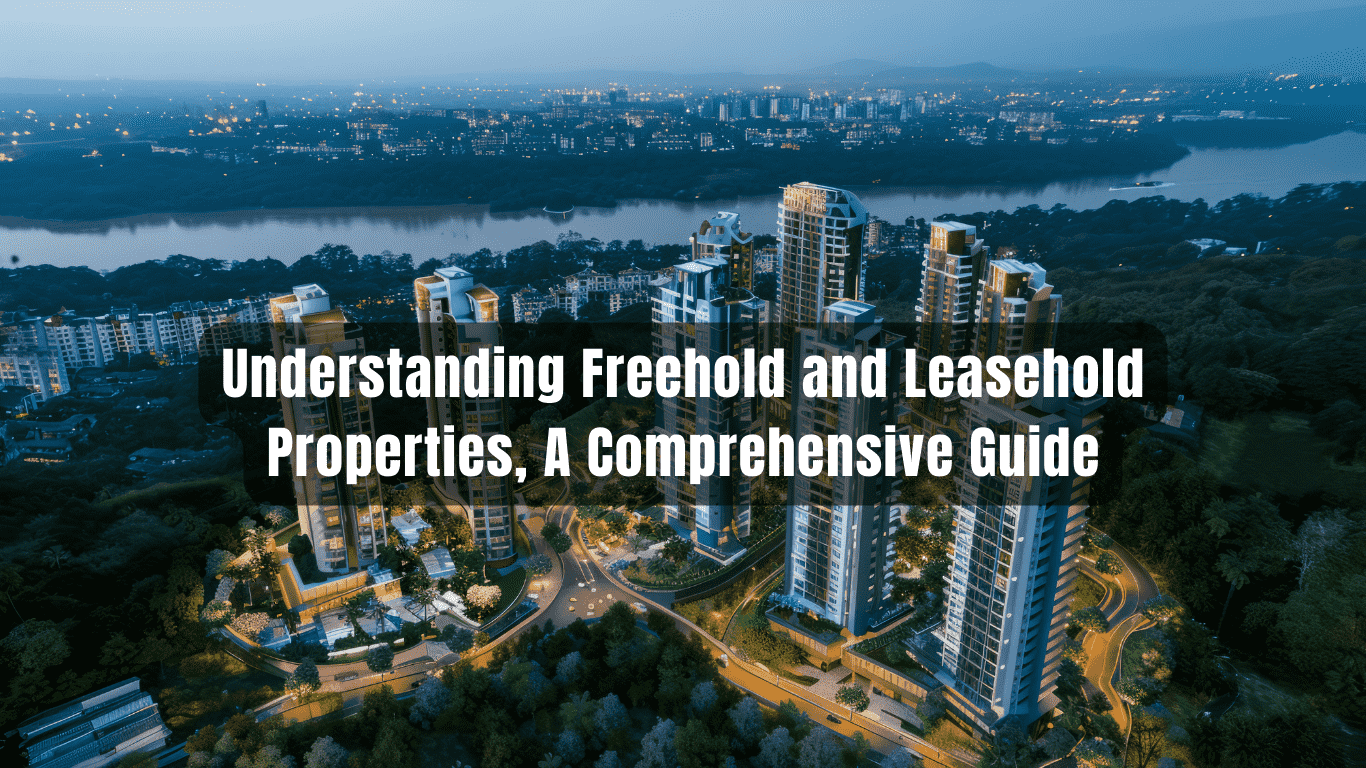


.png)
-min.png)
-min.png)
-min.png)
-min.png)







.png)









